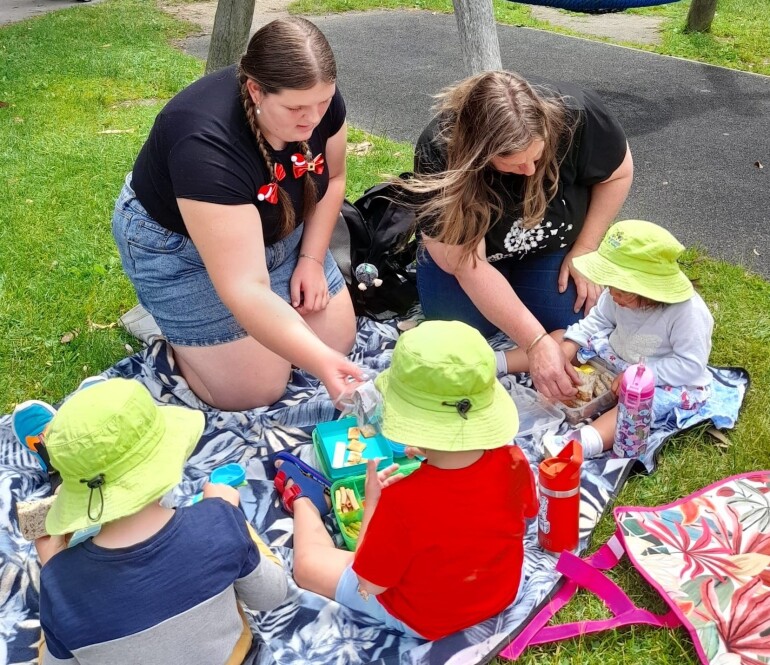News And Events

Respectful Practice
20 January 2024“We not only respect babies, we demonstrate our respect every time we interact with them.
Respecting a child means treating even the youngest infant as a human being, not an object.” Magda Gerber
You may have heard of Magda Gerber and RIE – Magda was a passionate advocate for both children and parents. She found a new way to see infants and modeled for parents and caregivers a method that makes educating and caring easier and more enjoyable. With support from friends, she started RIE (Resources for Infant Educarers), starting with parent-infant classes.
Respect is the guideline of RIE’s Philosophy. The Educarer shows respect, for example, by not picking up an infant without telling him beforehand, by talking directly to him, and not over him, and by waiting for the child’s response.
In order to foster quality care RIE encourages:
- Basic trust in the child to be an initiator, an explorer, and a self-learner.
- An environment for the child that is physically safe, cognitively challenging, and emotionally nurturing.
- Time for uninterrupted play.
- Infant – Infant Interaction – freedom to explore and interact with other infants.
- Involvement of the child in all care activities to allow the child to become an active participant rather than a passive recipient.
- Sensitive observation of the child in order to understand his or her needs.
- Consistency, clearly defined limits and expectations to develop discipline.
Information from www.magdagerber.org
Our Early Childhood Education Curriculum, Te Whāriki, notes that physical, cognitive and socio-emotional growth and development are more rapid during infancy than in any other period of life. Neural pathways formed during this period are the foundations for all future learning. Infants are learning rapidly and depend on sensitive adults to respond to their individual care needs. Through caregiving practices such as those for feeding and changing (sometimes referred to as ‘caregiving rituals’), infants are learning to trust and that they are worthy of love. Recognising their rights as children, kaiako are respectful of infants and, where appropriate, enable their agency.
Infants learn through respectful, reciprocal interactions with people, places and things and require a peaceful environment where kaiako pay careful attention to the level of sensory stimulation.
While providing clear and consistent boundaries, kaiako acknowledge and respect toddlers’ rights to have increasing agency.
The capacity for young children to cope with unpredictability and change is also increasing, especially when anchored by the emotional support, respect and acceptance of kaiako.
At Nurtured at Home, our Educators/Nannies can provide familiar and unhurried routines and caregiving practices that children can anticipate. At times of welcome and farewell, they provide reassurance and minimise stress for both children and adults; respectful and unhurried care routines are provided by the familiar Educator/Nanny in the home; and tamariki are invited to participate in the rhythm and routine of the day as they feel comfortable.


